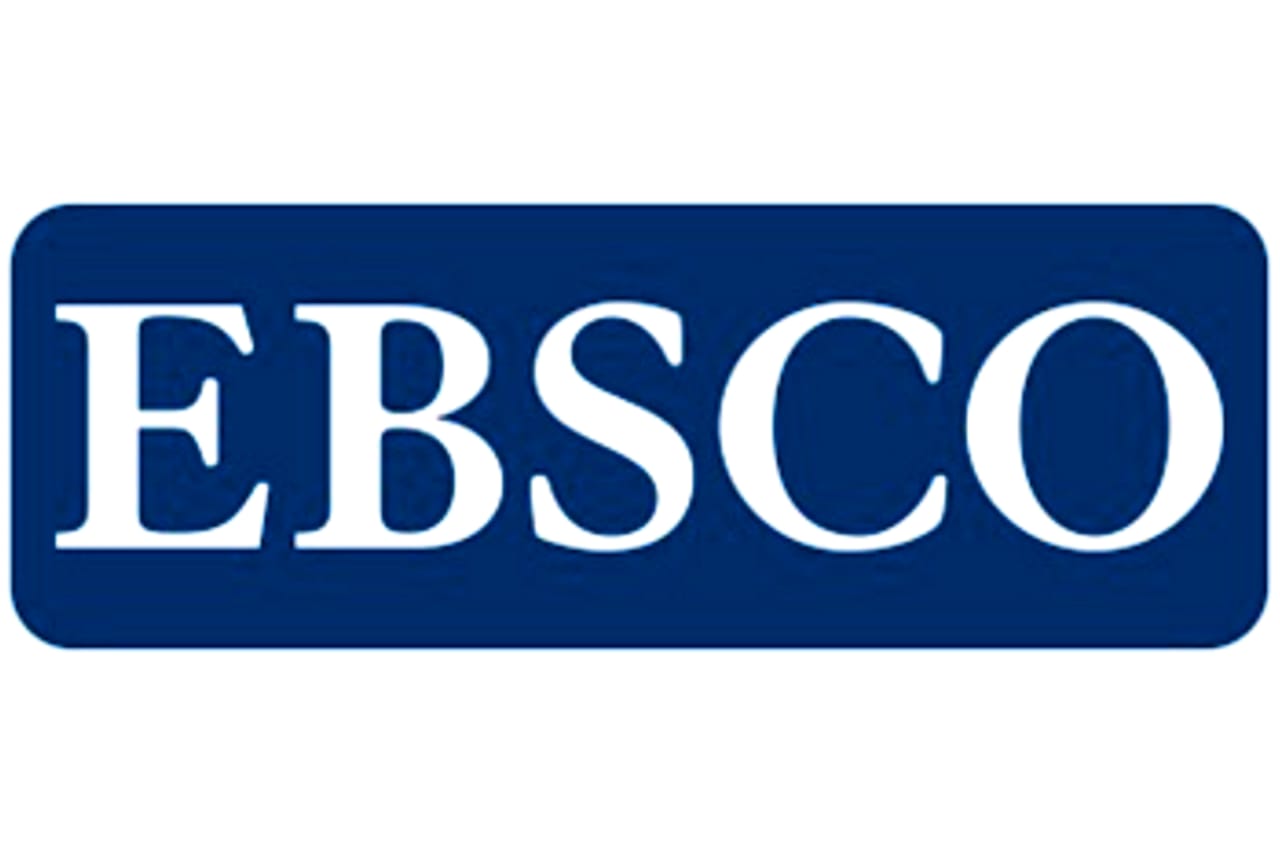Adaptability of educational programs’ content to distance learning technologies in higher education institutions of Kazakhstan
DOI:
https://doi.org/10.26577/CAJSH.2021.v7.i4.04Abstract
The purpose of the article is to determine the level of adaptability of the of higher education institution educational programs’ content to distance learning technologies based on the application of the principles of synergy and coherence.
The article is aimed at substantiating the indicators of the difference between traditional and innovative forms of education; it also aims to check if the content of educational programs fulfils the requirements of the transition to distance learning. It focuses on the factor analysis of changes in the forms of social interaction of subjects of the educational process in the new conditions of the educational environment; it seeks to develop specific recommendations for the transition to distance learning.
The article identifies the factors affecting the adaptability of educational programs of Kazakhstan universities in training in for distance learning; it gives recommendations on the methodology for testing the adaptability of educational programs in the humanities, natural science and technical areas to the transition to distance learning.
Based on the results of the of educational program assessment, it was found that university programs for each specialty in Kazakhstan are developed independently with a focus on the labor market. The article notes the need to adjust educational programs considering the introduction of distance education. Reorientation of the learning process in the areas of training and educational programs is possible through the supplementing of the distance learning database with information and content. The application of synergetic theory and connectivism principles in this process requires further research.
Key words: educational programs, adaptedness of educational programs, inter discipline connection, distance educational technologies and online learning.










